
Lee (2024, dir. Ellen Kuras)
Certificate: 15
Running Time: 117 mins
UK Distributor: Sky Cinema
UK Release Date: 13 September 2024
WHO’S IN LEE?
Kate Winslet, Marion Cotillard, Andrea Riseborough, Andy Samberg, Noémie Merlant, Josh O’Connor, Alexander Skarsgård, Arinzé Kene, Vincent Colombe, Patrick Mille, Samuel Barnett, Zita Hanrot, James Murray
WHO’S BEHIND THE CAMERA?
Ellen Kuras (director), John Collee, Liz Hannah and Marion Hume (writers), Lauren Hantz, Troy Lum, Andrew Mason, Erika Milutin, Marie Savare, Kate Solomon and Kate Winslet (producers), Alexandre Desplat (composer), Pawel Edelman (cinematographer), Mikkel E.G. Nielsen (editor)
WHAT’S IT ABOUT?
In the 1940s, war photographer Lee Miller (Winslet) captures the conflict in Europe…
WHAT ARE MY THOUGHTS ON LEE?
Earlier this year in Alex Garland’s Civil War, it is made abundantly clear that Lee Smith, the world-weary war photographer whom Kirsten Dunst plays, is directly named after another well-regarded photojournalist, Lee Miller. She, like Dunst’s character, often risked her life to document the horrors of war so that the world could see what was truly happening beyond the headlines, and in doing so managed to capture some devastating images that remain as haunting today as they were when her photos were first taken.
Such a legacy, to where even fictional characters are waxing poetic about them, would be one that you’d think would open the floodgates of screen biopics about this influential figure. However, it’s taken eight years for lead actor and producer Kate Winslet – along with director Ellen Kuras, formerly a cinematographer who shot Winslet’s Oscar-nominated turn in Eternal Sunshine of the Spotless Mind – to make just one. The film, simply titled Lee, could almost be seen as a companion piece to the other 2024 movie featuring a photographer named Lee, for similar to Garland’s Civil War it is about the importance of journalism and how necessary it is to better understand the world around us.
Unfortunately, while noble in its intentions as well as in aspects of its execution, Lee isn’t quite as formidable or even as deep a biopic that such a life perhaps deserves.
Winslet plays Miller who, as an older woman during the film’s framing device set in 1977, tells her life story to a young reporter (Josh O’Connor). She details how, as a former model turned avid photographer, she went travelling with her friends across late 30s Europe, where she meets artist and future husband Roland Penrose (Alexander Skarsgård), but as soon as the Second World War breaks out, Lee seeks out Vogue editor Audrey Withers (Andrea Riseborough) for a job as a photographer on the front line. Soon, she is whisked to Europe alongside Life magazine journalist David Scherman (Andy Samberg), and together they capture some of the most memorable images from the war, many of them harrowing but always necessary in detailing the brutality of the Nazis.
It is a real-life story that surely carried more weight and intrigue than the film makes it seem. Lee Miller’s gradual journey towards becoming this revered photojournalist is told through an overly gentle structure by writers John Collee, Liz Hannah and Marion Hume, which ends up simplifying many of her struggles to their most basic components (case in point: many of Miller’s barriers in this script come from the fact that she is a woman operating in a male-dominated field, and apparently no other reason). Her relationships with many supporting characters, including her own husband – as whom Skarsgård, despite his efforts, wields a distractingly iffy British accent – are similarly whittled down to a point where, after being absent for a long while, you’ll even forget that they were in the story at all, having made little discernible impact on this person’s life (or at least, how it’s depicted in this film). Even when she finally gets to experience life as a journalist on the front line, the film feels oddly reserved, shying away from some the more horrifying visuals that Miller herself became known for, and offering in their place a noticeably sanitised account that doesn’t feel entirely true to this person’s lived-in experiences.
The film does, however, have some saving graces. For one, Winslet delivers a strong performance as Lee Miller, one where you can tell that the actor has had this role on her mind for a long time, as she nails the character’s gruff and no-nonsense personality while also humanising her formidable achievements, portraying her as a fallible figure with more guts and – indeed – more balls than many of her male counterparts. Winslet is closely matched by Andy Samberg, who impresses in his first true dramatic performance that sees him strip away his infinitely more comedic screen persona and form a sturdier straight-man role wherein he gets some emotional scenes that still bring out his natural likeability, while his formidable chemistry with Winslet keeps the film burning with their light but effective moments together.
It is also a well-made film, with Kuras (making her directorial debut) employing some of cinematographer Pawel Edelman’s tightly-wrung visuals to form some chilling imagery that create some of the film’s most effective moments. While some shots are stronger than others, including a couple of blatant green-screen backdrops, the visuals do make for some reasonably compelling depictions of some disturbing war content, including piles upon piles of dead bodies around a Nazi concentration camp, while some later close-up shots bring out the regret and sorrow of certain characters’ tough-to-stomach personal reveals.
Though it’s far from terrible, it’s nonetheless a shame that Lee has decided to go a more familiar route in depicting its central figure rather than making her stand out as she clearly did in real life. The dedication and passion from Winslet and co is undeniable, but if that same show of force went into a script that took more chances and dug further into what made them tick, then this would only be the second 2024 film about a war photographer named Lee to receive four stars.




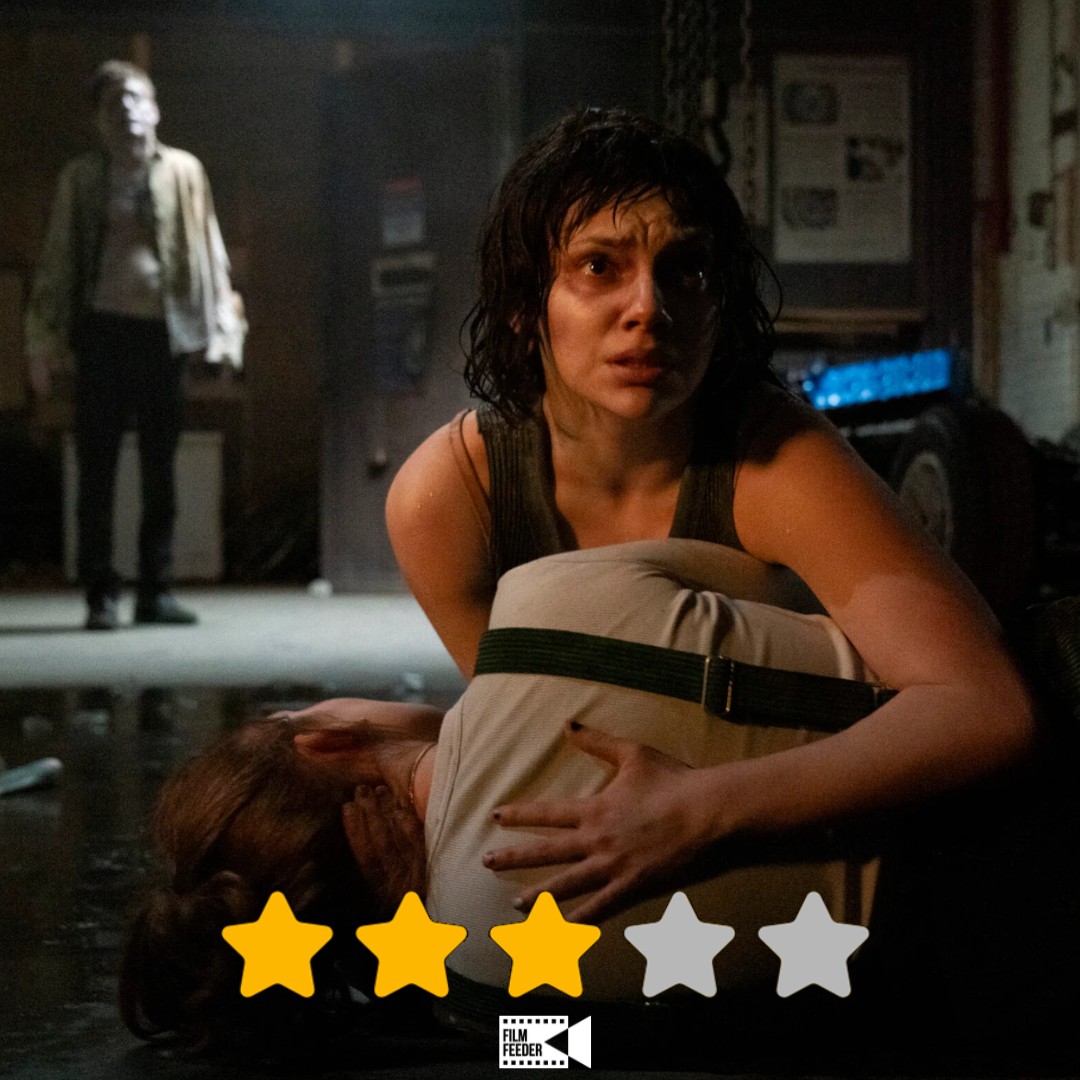
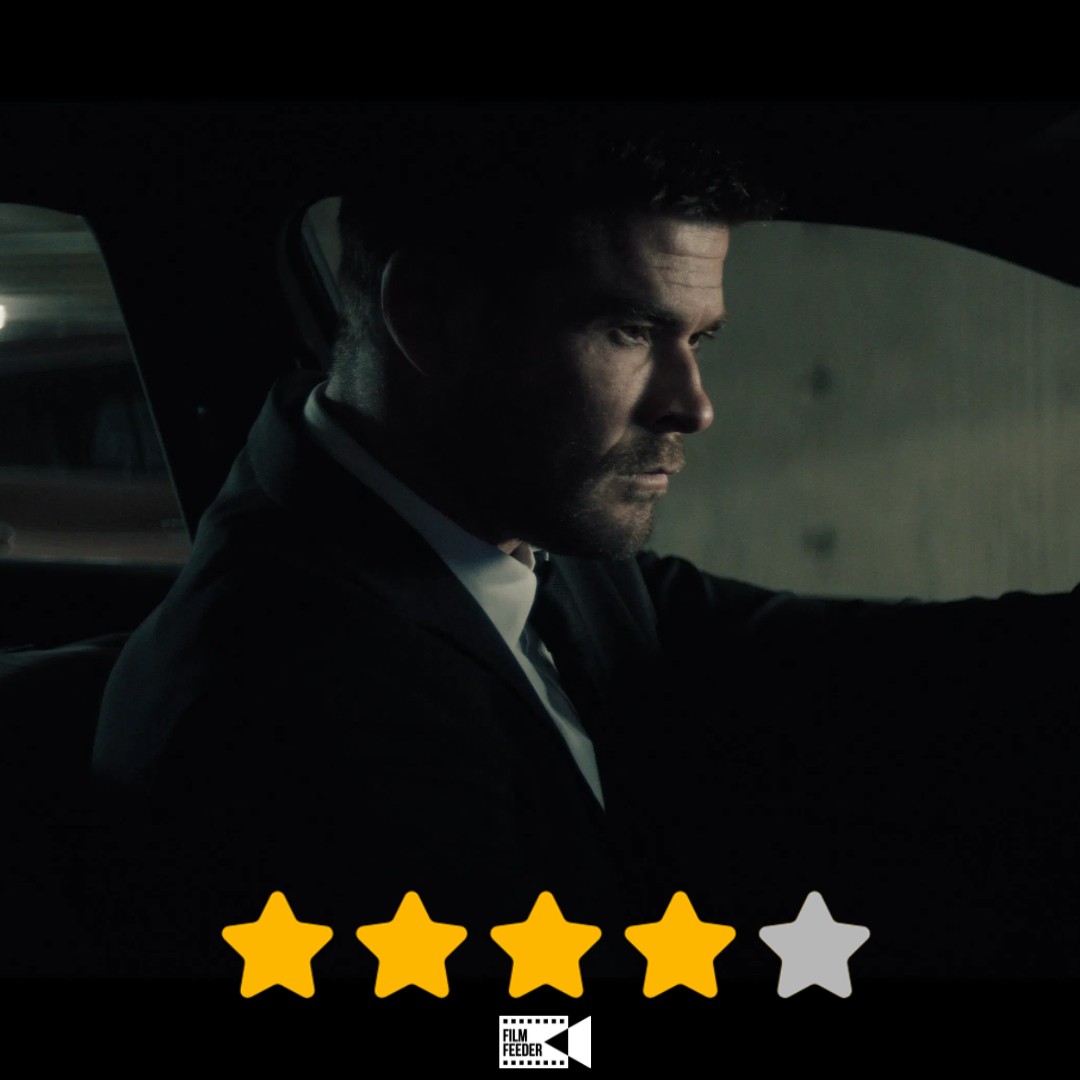
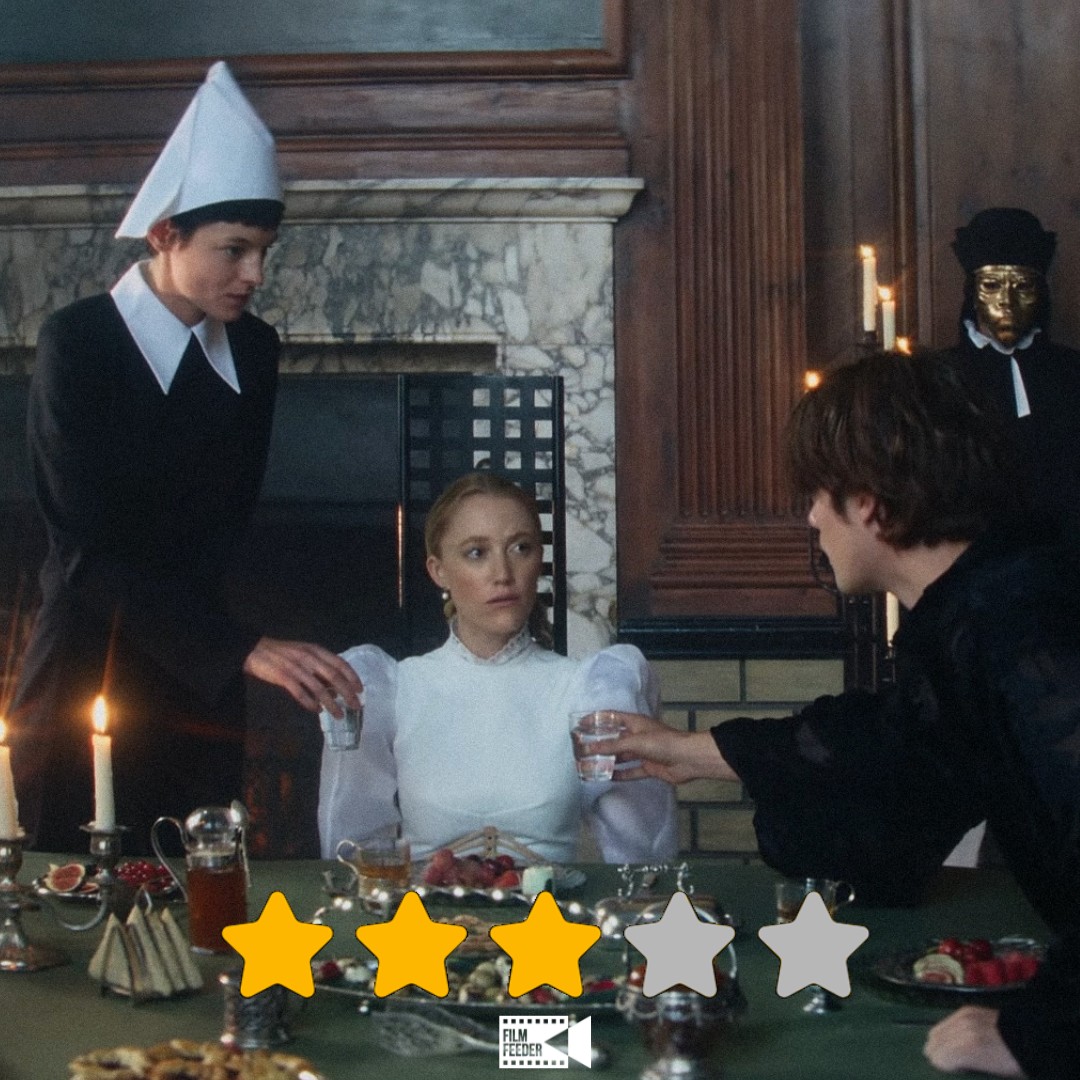


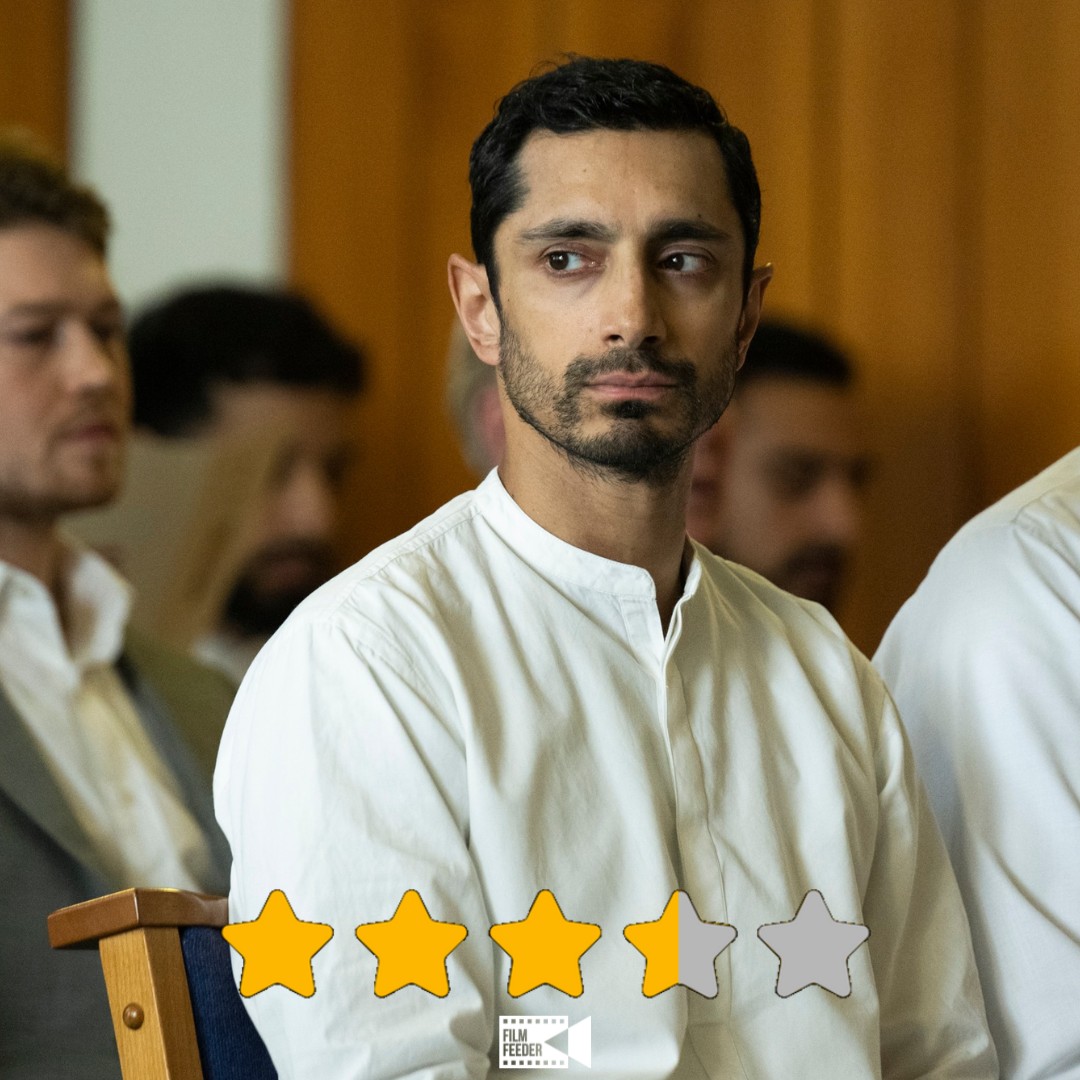
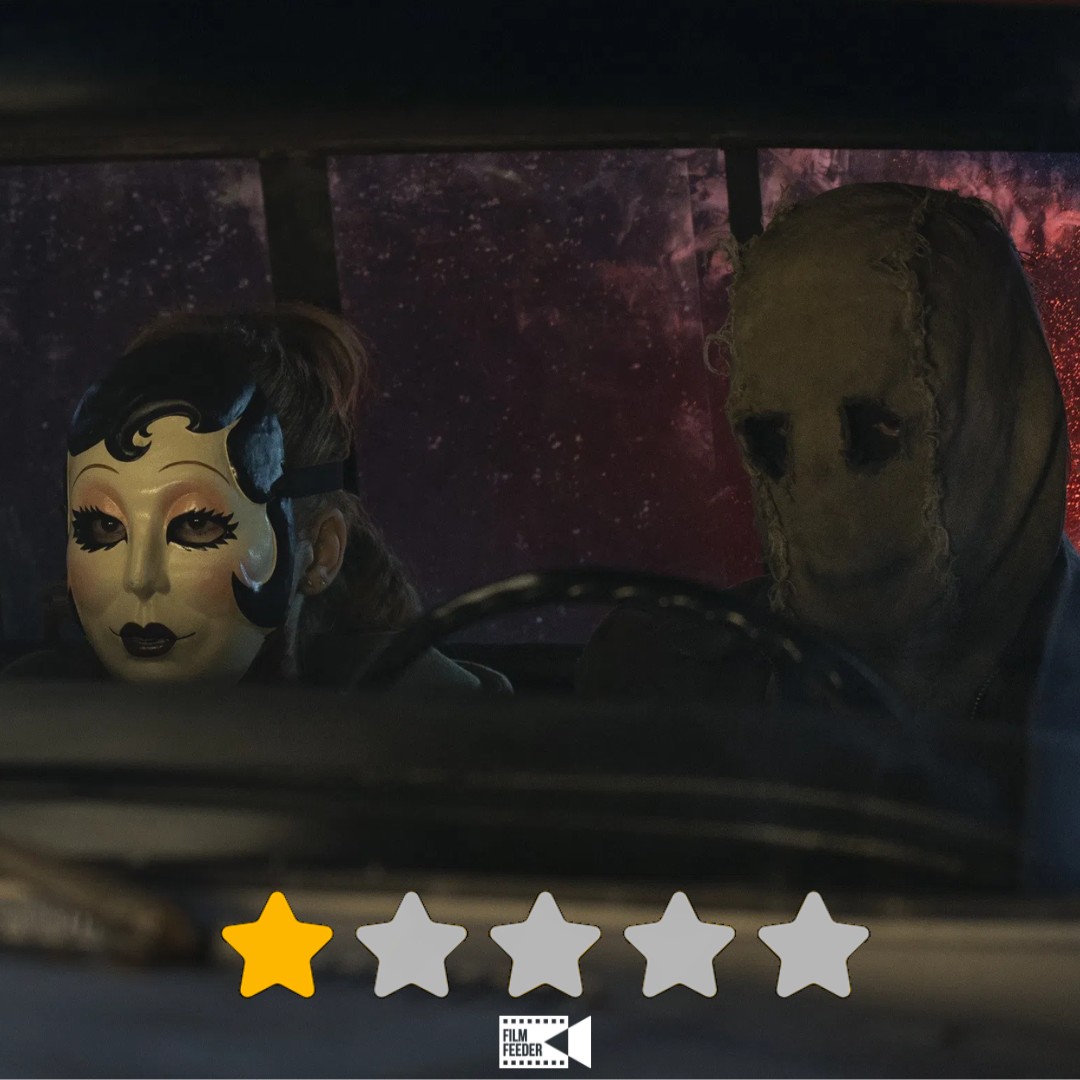
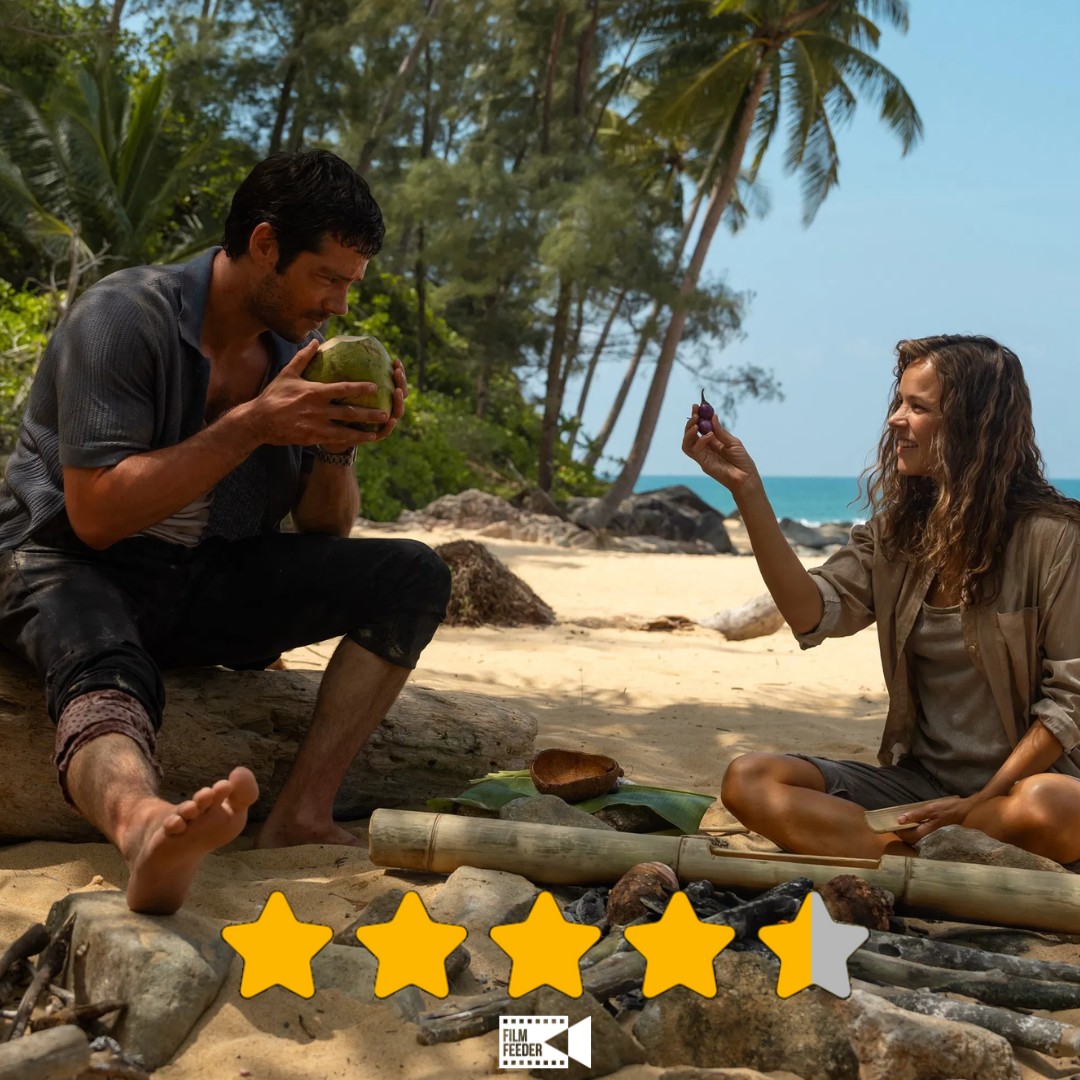

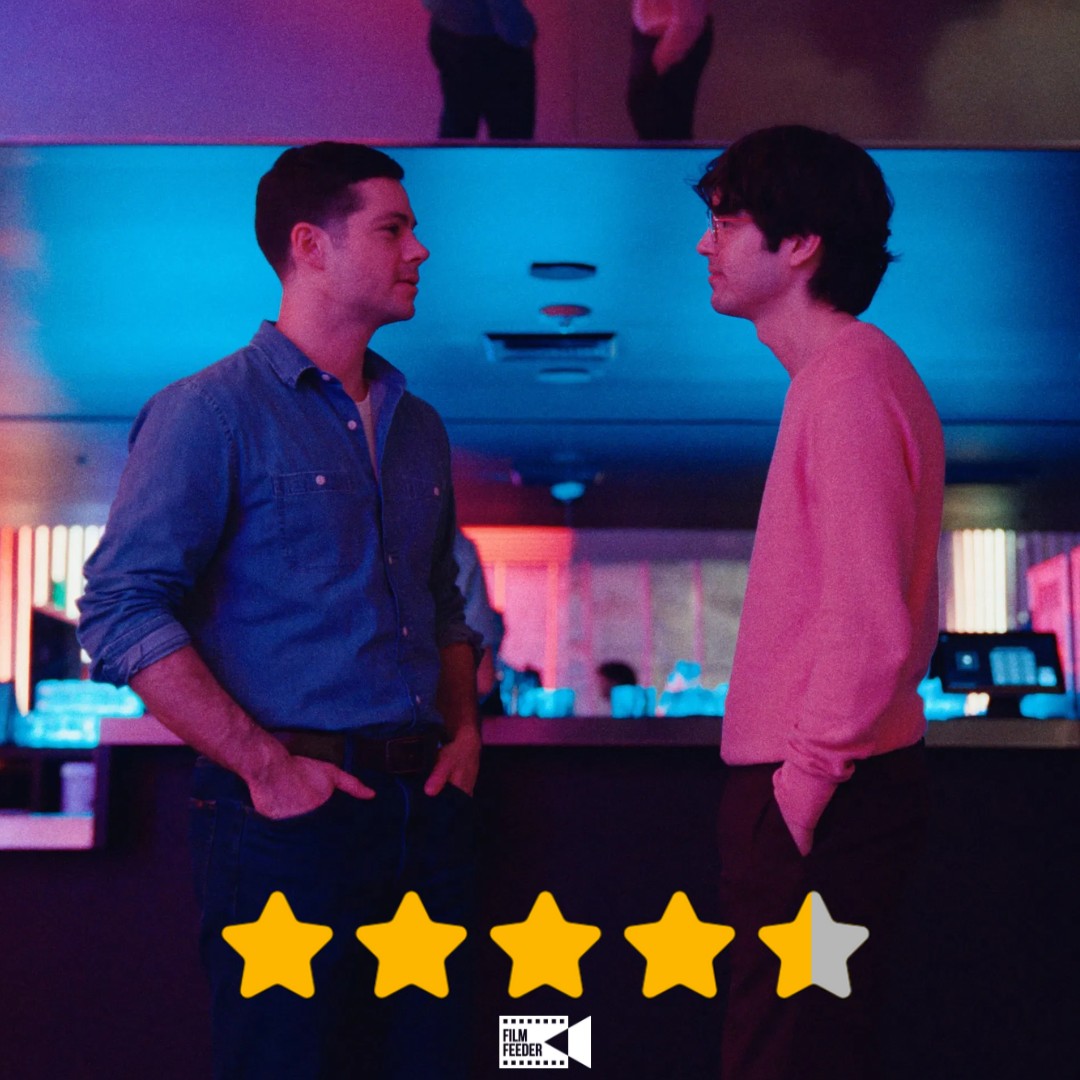
0 Comments